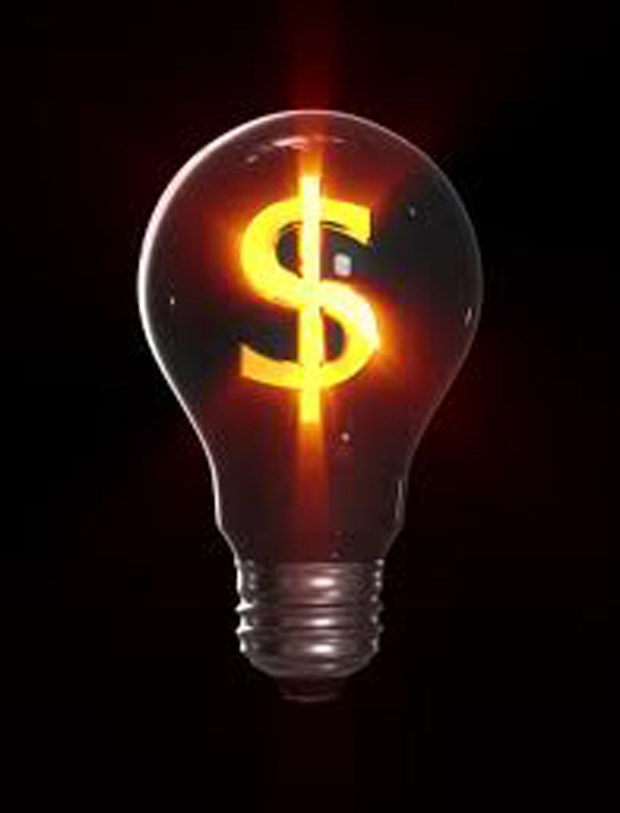Rising BC Hydro rates will be putting the squeeze on not only residential users but also the local school district.
Already having to deal with a budget shortfall that was increased with the responsibility of paying for a raise to non-teaching and support staff, the Richmond School District is busy crunching numbers to see how the 25.5 per cent rise in hydro rates over the next five years — designed to address the power utility’s aging infrastructure — will impact local classrooms.
School board chair Donna Sargent said staff are reviewing the situation and will be presenting their findings at the district’s board meeting next Monday evening (Dec. 4).
“Staff are putting together the numbers as we speak,” Sargent said. “We will have to wait and see what those numbers are, but any extra cost on an already strapped budget is difficult to address.
“So, we will have to see what the numbers are and then go from there.”
Sargent added the 3.5 per cent in CUPE’s contract agreement brokered by the province and downloaded to school district’s across B.C. already means cuts to local schools for the coming school year as the district attempts to find $1.34 million in the second year of the agreement covering about 1,000 workers.
Year one of the two-year deal cost the district an estimated $703,992 and was met by dipping into Richmond’s $6.1 million operating surplus.
The power rate hike and its anticipated impact is ironic given BC Hydro presented the school district on Monday with an award for being an efficient customer.
Wendy Grondzil, the district’s assistant secretary treasurer, said the annual bill for hydro’s services runs between $1.3 to $1.4 million annually.
And hopes are that further efficiencies can be found to reduce the impact of the coming utility hike.
According to BC Hydro, the increase will leave consumers in this province with the third highest electric power rates in North America.
Currently, British Columbians pay the second lowest hydro bills on a by-city comparison study done by Hydro Quebec this year.
Montreal was ranked first with the least expensive rates at 6.87 cents per kilowatt-hour.
Vancouver came in at 8.91 cents, followed closely by Seattle at 8.97 cents.
Heading east, the rate spiked to 12.48 cents in Toronto, while Calgary rose even higher at 14.81 cents.
New York (21.75) and San Francisco (22.94) rounded out the rest of the list.



